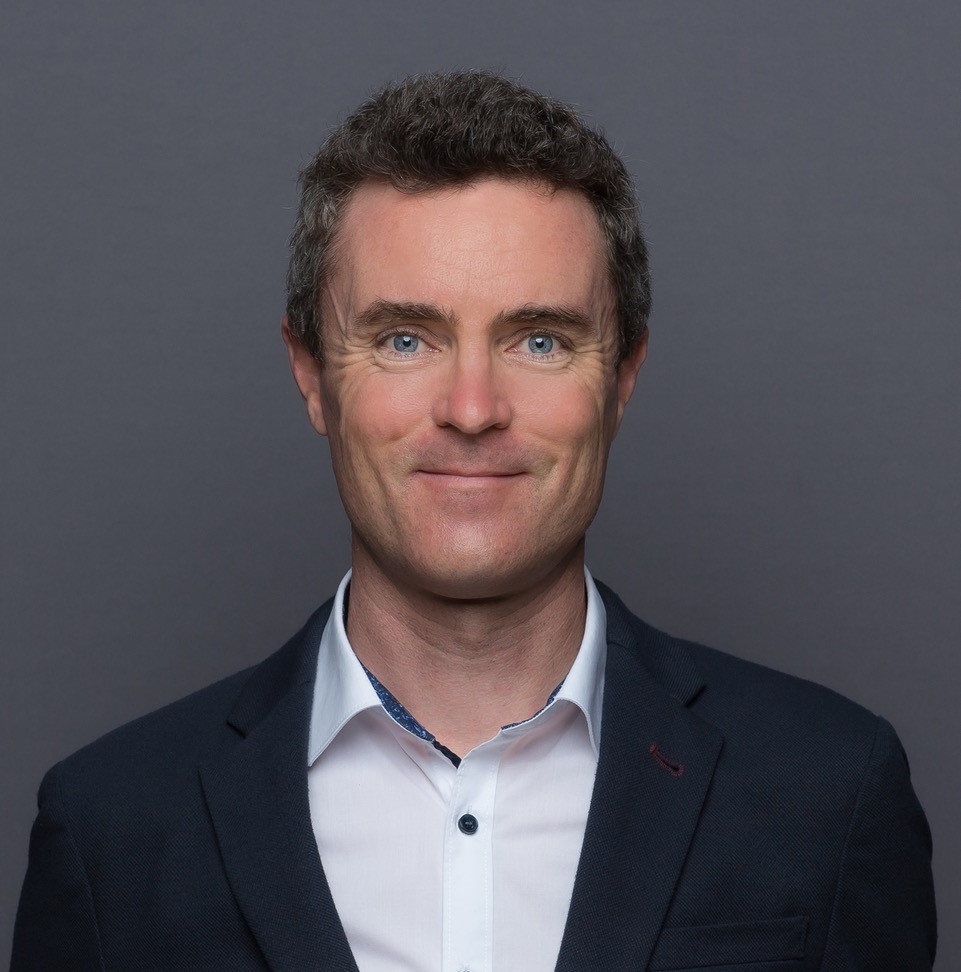Forscherdatenbank

Prof. Dr. Ian Frew
Department of Internal Medicine I, Haematology, Oncology and Stem Cell Transplantation
Medical Center - University of Freiburg
Programme
Exploitation of Oncogenic Mechanisms (EOM)
Molecularly Targeted Therapy (MTT)
Übersicht
Our research group focuses on the study of clear cell renal cell carcinoma (ccRCC). We study the entire process of tumour formation, beginning with the molecular and cellular mechanisms that underlie the breakdown of normal epithelial proliferative homeostasis, the evolution of tumour cells and parallel evolution of the tumour microenvironment, as well as the process of metastasis. Our major experimental approach is to generate accurate autochthonous mouse tumour models using conventional mouse genetics (Höfflin et al. Nature Communications, 2020; Harlander et al. Nature Medicine 2017; Gonçalves et al Nature Communications 2017, Schönenberger et al. Cancer Research 2016, Guinot et al. Journal of Pathology, 2016, Lehmann et al. JASN, 2015), as well as novel genetic systems that we have developed (Albers et al. JCI, 2015, Brandt et al. Oncotarget 2018, Catalano et al. Cancers 2021). We apply advanced analyses such as RNA sequencing, single cell RNA sequencing, exome sequencing, genome-wide epigenetic analyses, metabolomics, in vivo imaging tools and multi-parametric fluorescence microscopy to our tumour models to gain a broad understanding of disease processes. From the therapeutic perspective, we conduct pre-clinical studies to attempt to uncover specific vulnerabilities of cancer cells that are dictated by their underlying mutational genotype and their microenvironment. Our research in the context of the DKTK aims to develop new personalised therapies that target altered DNA damage signalling and repair networks in ccRCC.
DKTK Junior Group Leader for Cancer Systems Biology
Single-cell approaches have not only revealed a wide variety of cell states, characterized by cells exhibiting striking differences in their transcriptional profile, but have also illuminated the mechanisms underlying state transitions in health and disease. Cellular plasticity and adaptive state changes have recently emerged as a basis for therapeutic resistance in cancer, and a better understanding of how cell state transitions are regulated is critical to develop therapeutic approaches that can overcome therapy resistance.
Our research focuses on understanding the mechanisms driving non-genetic cellular heterogeneity and therapy resistance in malignancy. Using novel single-cell sequencing approaches, we seek to develop new experimental and computational strategies to define altered cell states in both, cancer and immune cells. Our aim is to leverage a data driven strategy combined with single cell genomics and systems biology to address the challenges posed by heterogeneity in cancer, and to develop new strategies to overcome it, with the aim of translating laboratory-based findings into the clinic.